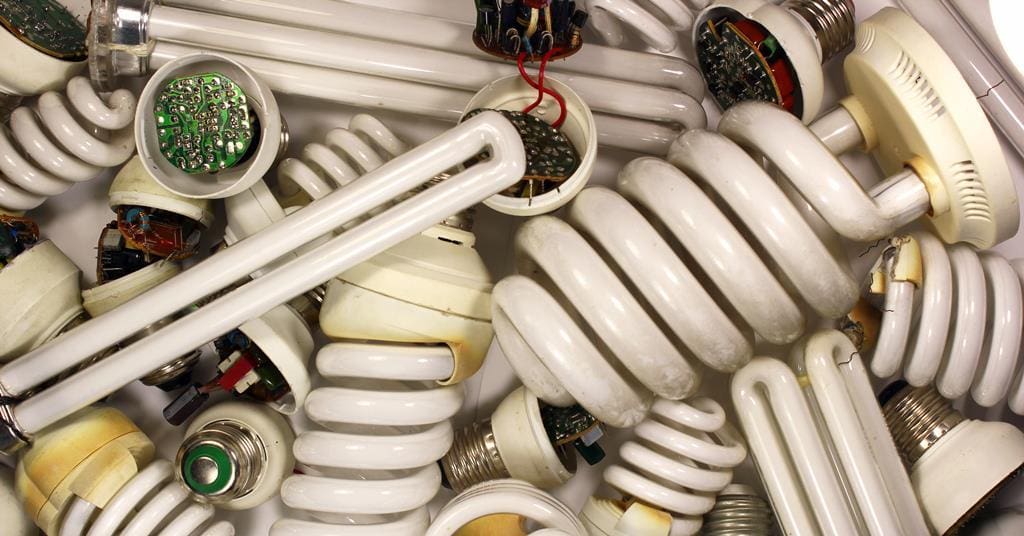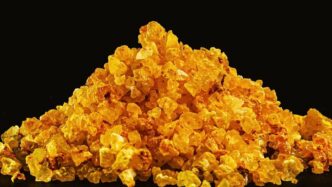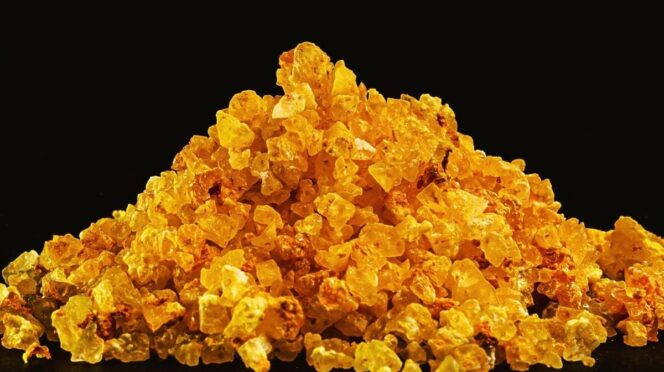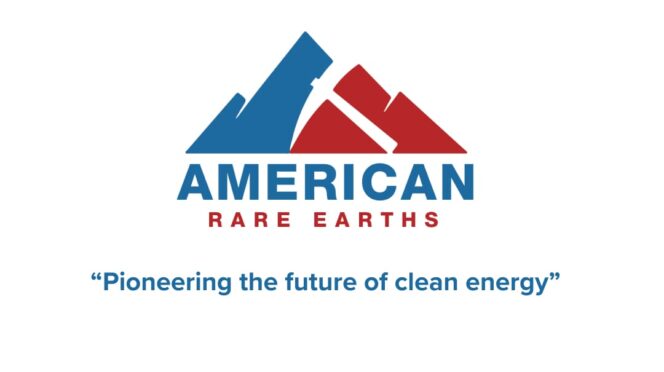Researchers at ETH Zurich have developed a new redox method that can extract and recycle europium from real-life waste, such as compact fluorescent lamps, in just three simple steps. This protocol yields the lanthanide in quantities at least 50 times higher than the current state-of-the-art solutions used by the chemical industry.
Rare earth elements, including the lanthanides, scandium, and yttrium, have become crucial in our daily lives, with applications ranging from electronics to green technologies like batteries and electric cars. However, these elements are mostly mined outside of Europe and North America and are challenging to extract, refine, and recycle.
The Zurich team’s method involves using sulfur-based ligands to selectively separate europium from complex mixtures in just three steps, achieving separations much higher than current industrial processes. By transforming europium into its unusual divalent state, the researchers simplify its separation from other trivalent rare earth elements.
This new method has the potential to revolutionize the recycling of rare earth elements, reducing the environmental burden associated with primary production and purification. The researchers are now working to adapt the technology to separate other lanthanides and improve the sustainability of the process.
By founding the startup REEcover, the researchers aim to commercialize this groundbreaking technology. With the potential to inspire new thinking for improved recycling of rare earths, this new redox method could have a significant impact on the industry and the environment.










